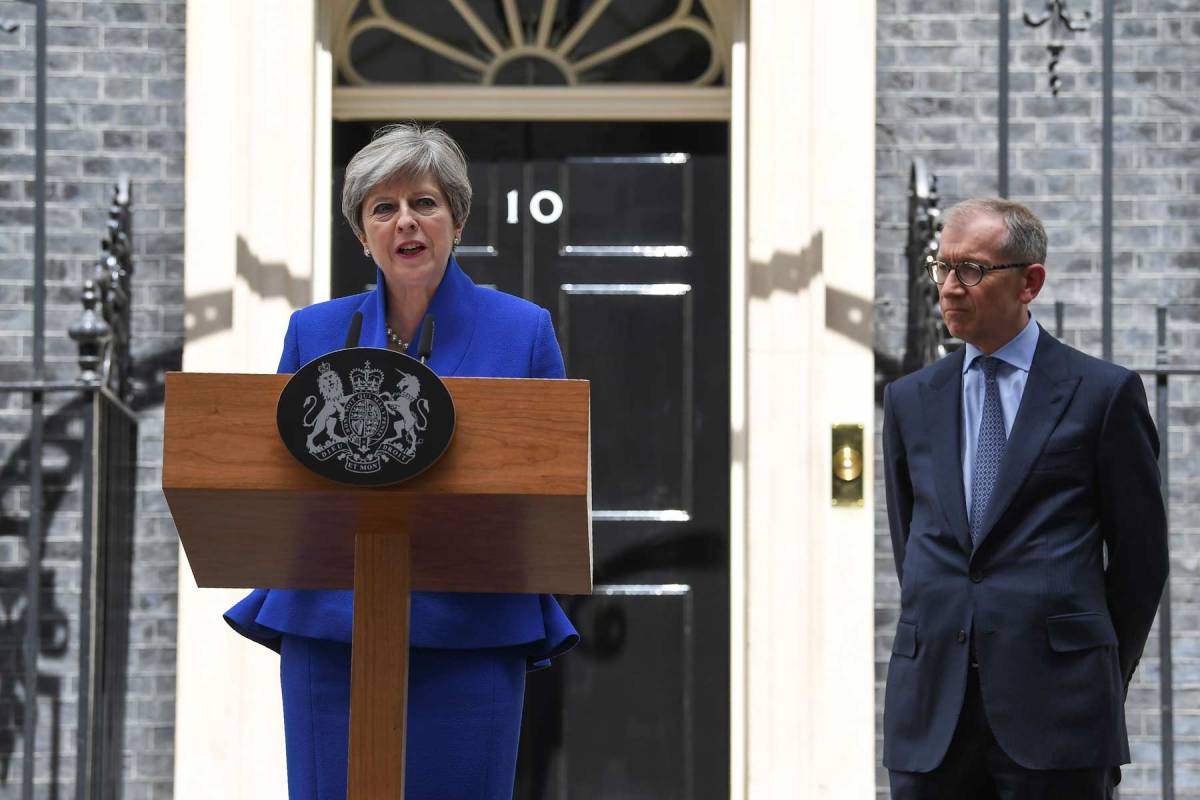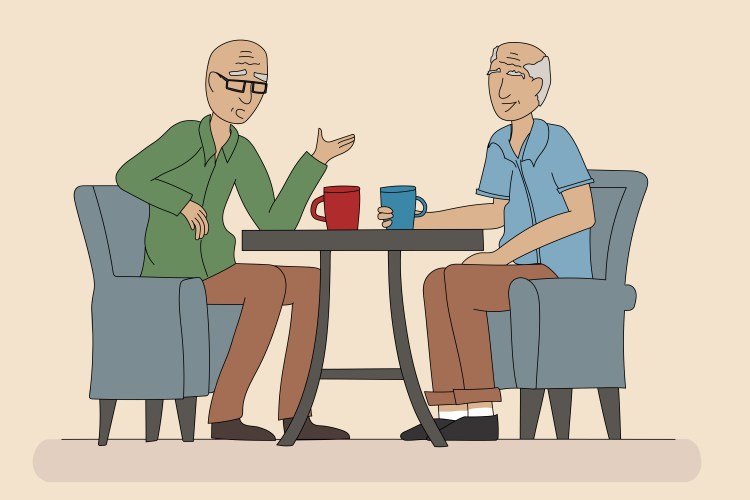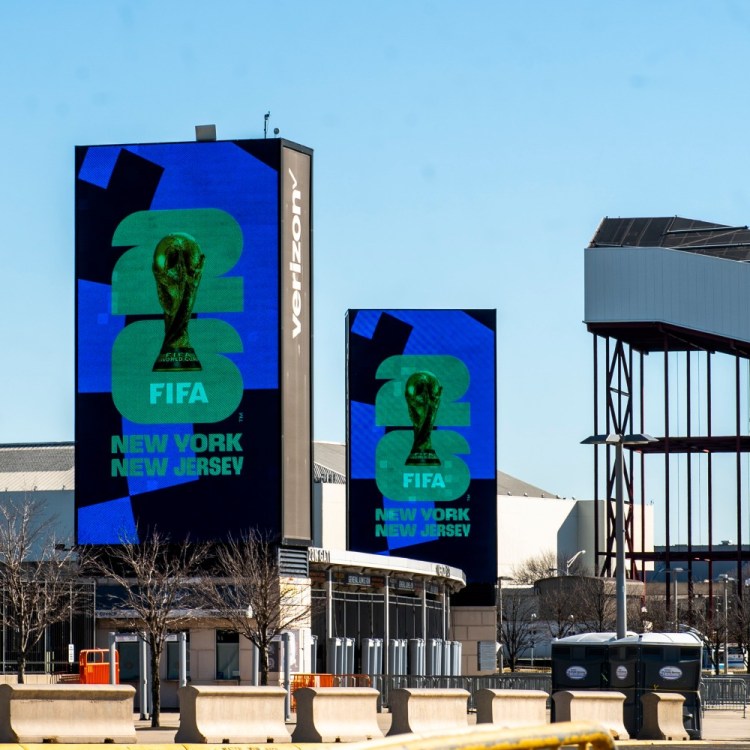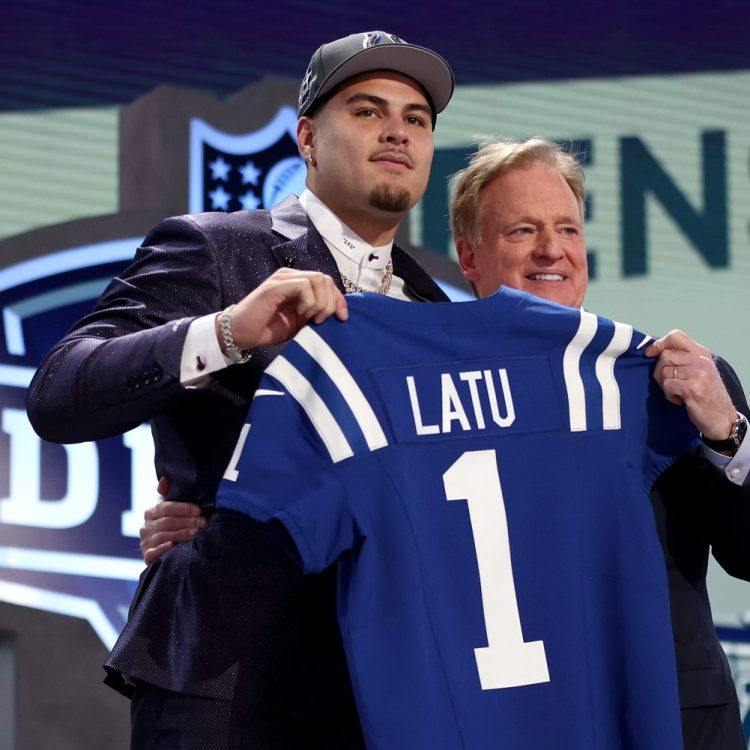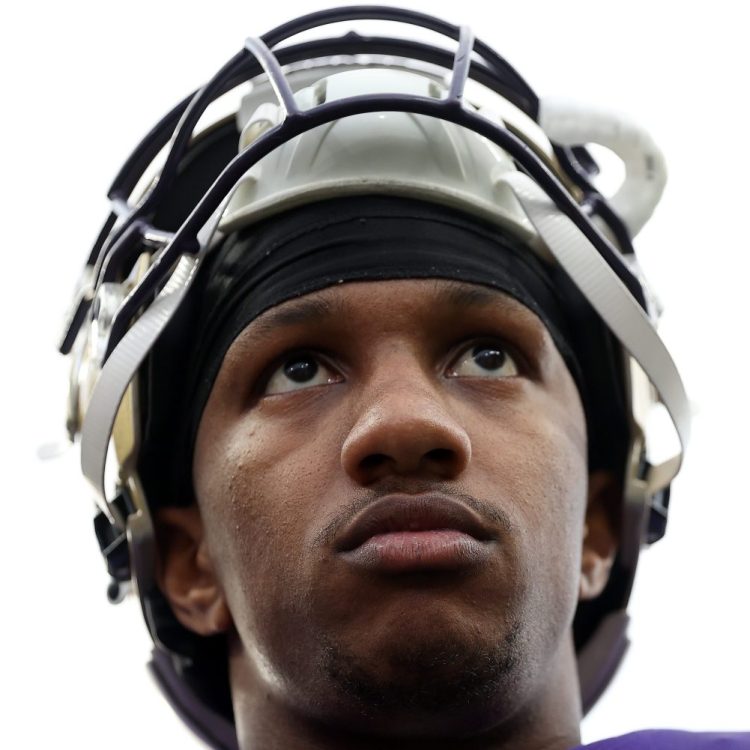Polls just aren’t what they used to be.
Statisticians are scratching their heads to find ways to conduct public opinions polls that more accurately the results of an election. The hand-wringing comes after pollsters whiffed yet again when their pre-election surveys erroneously projected the results of Thursday’s British election.
Prior to voting day, polls put Prime Minister Theresa May’s Conservative Party one to 12 points ahead of the rival Labour Party, the Wall Street Journal reports. Instead, the Conservative Party ended up losing seats and fell short of securing the majority in Parliament.
“I know nothing, we the media know nothing” @jonsnowC4 opens tonight’s #C4News – Watch online – https://t.co/u3nRTP8uLD pic.twitter.com/1xF98IBFzN
— Channel 4 News (@Channel4News) June 9, 2017
Polls can easily be skewed if small sample groups that don’t reflect the common sentiment was relied upon, but the problem is finding a group that’s diverse enough to be indicative of public opinion—and willing to be surveyed.
Surveying public opinions by cold-calling random households has historically been a reliable way to take the pulse of a nation. Now that only half of American homes have a landline, companies are relying on the Internet polls to supplement since they’re cheaper. But, they’re also less accurate.
Pollsters disagree on the best way to correct his, but there’s a consensus on one point: Something needs to change.
This article was featured in the InsideHook newsletter. Sign up now.
